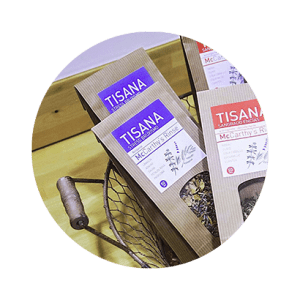Let’s begin by saying that: taking care of your mouth (teeth & gums) naturally you will obtain far greater results in curing and preventing diseases, then the conventional method. Although it is much slower the healing process eventually you will come out way ahead in the long run.
Although it depends on you. We abuse our mouths regularly by grinding and clenching our teeth, and by eating foods with sugar and spices. Many of us also eat sticky, and adhesive -type foods. To understand gum disease in simple terms, think of your teeth rooted in bone, the way a plant is rooted in soil. If the soil supporting the plant begins to erode, the plant will loosen, and the plant will dry up and die. The same as the teeth will loosen and fall out.
Periodontal disease is the disease of the gums, perio=around dontal=teeth. The structures around the roots of the teeth, that consist of gums, bone and fibers that hold the teeth in place.
The first stage is gingivitis, inflamation of the gums. Plaque comes from our saliva the food we eat and the bacteria that live in the oral cavity. Bacteria live in plaque, a sticky film that accumulates on your teeth. Dental plaque needs to be removed every day by proper effective homecare techniques. If not done properly, plaque accumulates and turns to a solified substance called tartar. Tartar is found also under the gums on the teeth, in addition to containing bacterial toxins, it is a mechanical irritant to the soft tissues. Tartar can only be removed by your dentist or skilled dental professional by using manual instrumentation.
Almost all, the care of healthy beautiful smiles entails not only patient education but motivation in terms of dental home care . Bacterias will always be present in the body and mouth, but we can learn to nurture our mouths to a healthy state of over all health.
It is important to work manualy because today many dental offices work with high-tech machines for quick and esthetic results, but do not help in therapeutic healing. In my office, when the patient enters the room, the room is prepared with aromatherapy. It might be lavender to calm, or citrius-oils mandarin for example to lower stress levels anxiety and fears.
A holistic dental hygiene first visit begins by explaining and educating oral hygiene habits, working with manual instrumentation, and by using essential oils and herbal rinses so the effect is therapeutic, to obtain hopefully painless and a more gentle approach to a hygiene visit. Every patient is treated according to their needs. Mouthrinses for example, thyme is a natural disinfectant, can be used daily for soothing our gums and tissues to balance our ph level. Rose-water contains large amount of vitamin c that will strengthen the gum tissues. You can prepare as tea and use as mouthrinse (preferably from red roses, they are the most potent)
rosemary essential oil is nurturing and regenerating, so if you have receding gums with proper instruction, your gums can heal and become healthier with time. For instance when I am working with a manual instrument, I dip the curet in oil of clove, it acts as a natural anaesthetic, so the treatment is more gentle and painless . I also use rosemary essential oil for people with receeding gums to help regenerate their tissues. Ending the hygiene visit I massage the facial muscles with essential oils according to the patients needs, leaving the patient relaxed with positive thoughts and doing something for their health.
There are endless possibilities working with essential oils and herbal rinses. The key to having healthy gums and teeth is for the dental professional to transmit a positive attitude to oral hygiene habits. Remember your mouth is connected to your body, so it’s all about a total state of health.
You are welcome to ask me any questions you might have.


